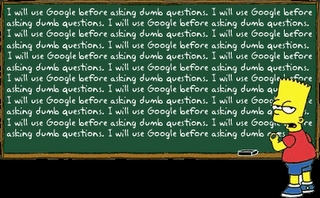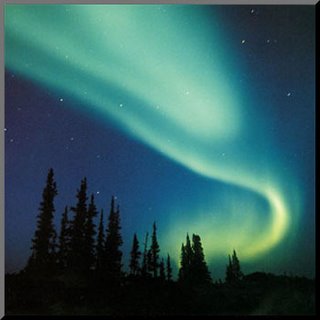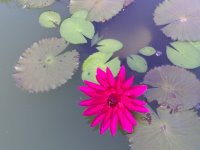
Funny how I feel more myself with you
Than anybody else that I ever knew
I hear it in your voice, see it in your face
You've become the memory I can't erase
You could have been anyone at all
A stranger falling out of blue
I'm so glad it was you
Wasn't in the plan not that I could see
Suddenly a miracle came to me
Safe within your arms I can say what's true
Nothing in the world I would keep from you
You could have been anyone at all
An old friend calling out of blue
I'm so glad it was you
Words can hurt you if you let them
People say them and forget them
Words can promise words can lie
But your words make me feel like I can fly
You could have been anyone at allAnd let that catches me when I fall
I'm so glad it was you
Carole King
Music Tracks section below, rhs.












